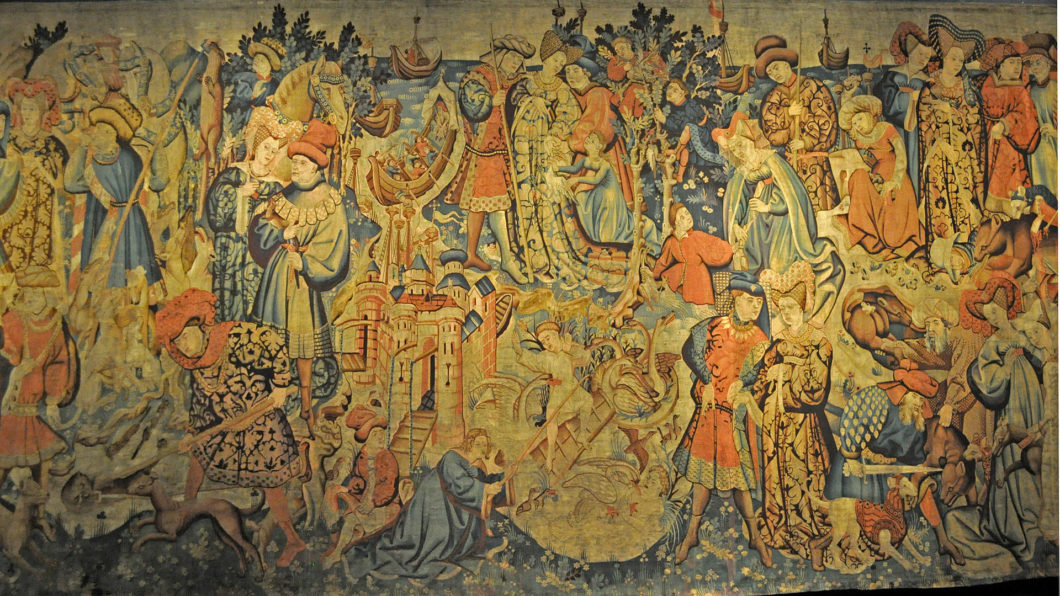
On MacGregor, Lesley. “Criminalising Animals in Medieval France: Insights from Records of Executions.” Open Library of the Humanities 5 (2019).
MacGregor explores cases in which animals were formally executed for crimes such as harming persons or property in 14th/15th-century France, specifically positing the role that these trials’ procedures–including “appropriate” judicial personnel and the “right” equipment for execution–played in transforming an animal into a criminal. As a nonhuman placed into legal categories made by and for humans, the animal-on-trial inhabits an ambiguous space; in assigning an animal a human category, “criminal,” the receipts, which MacGregor examines, and which document the costs associated with execution, “provide a window into the medieval story of legal personhood and the fluidity of its borders, while also challenging the history of the human-animal relation as one built on difference and inferiority.” Like Koyuncu, MacGregor recognizes this as not exclusively a religious practice: She differentiates between secular and religious cases. In secular cases, a domestic animal (generally pigs, horses, and bulls) could be charged for killing a human and consequently be condemned to death, usually by hanging. In this way, MacGregor participates in the medieval animal studies practice of interrogating the human/animal boundary, pointing out its fluidity, this time through actual historic records (such a practice as Taylor calls for in “Where Are the Wild Things?”).

